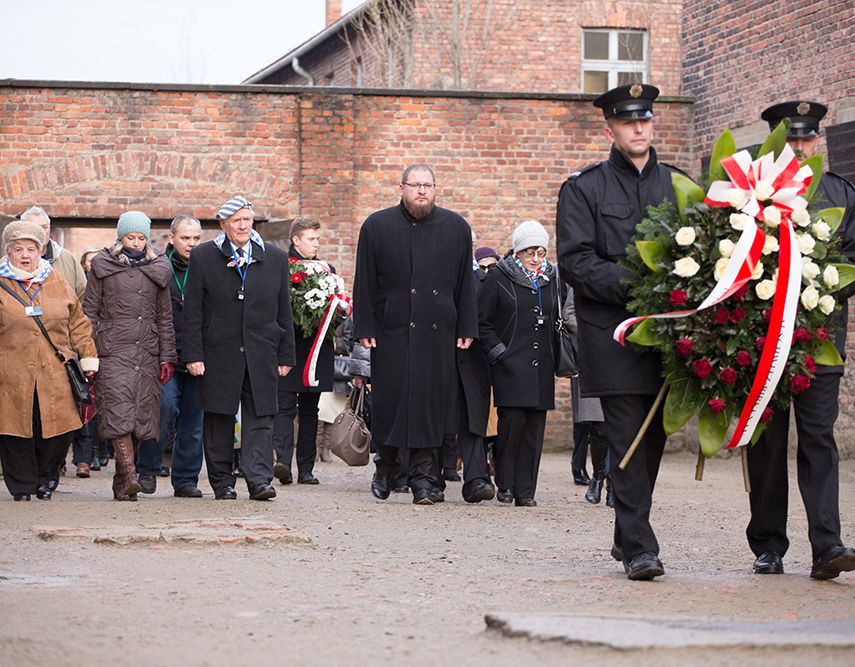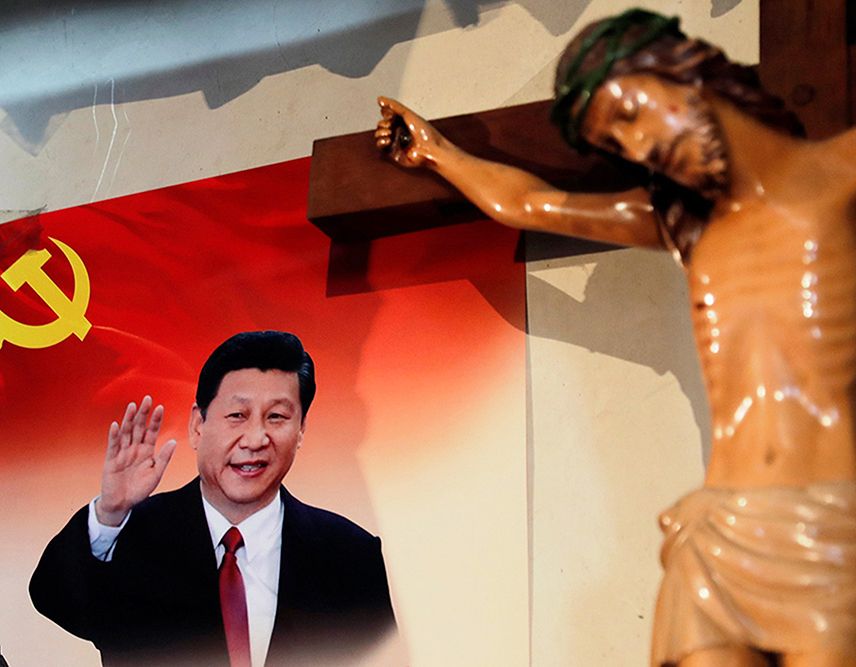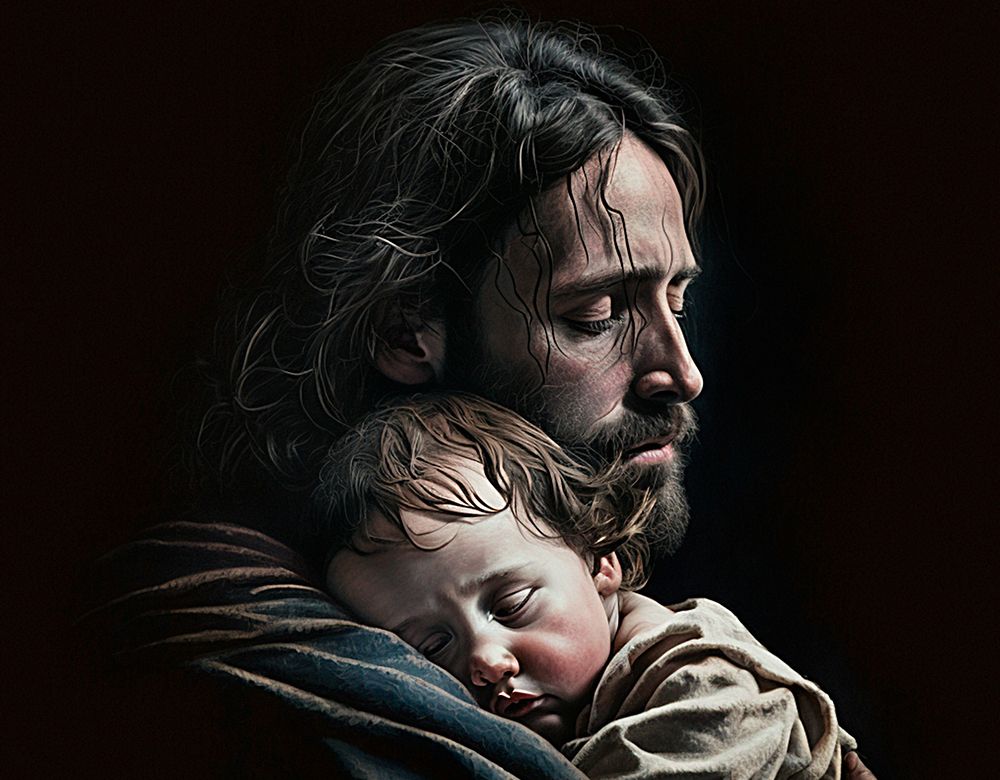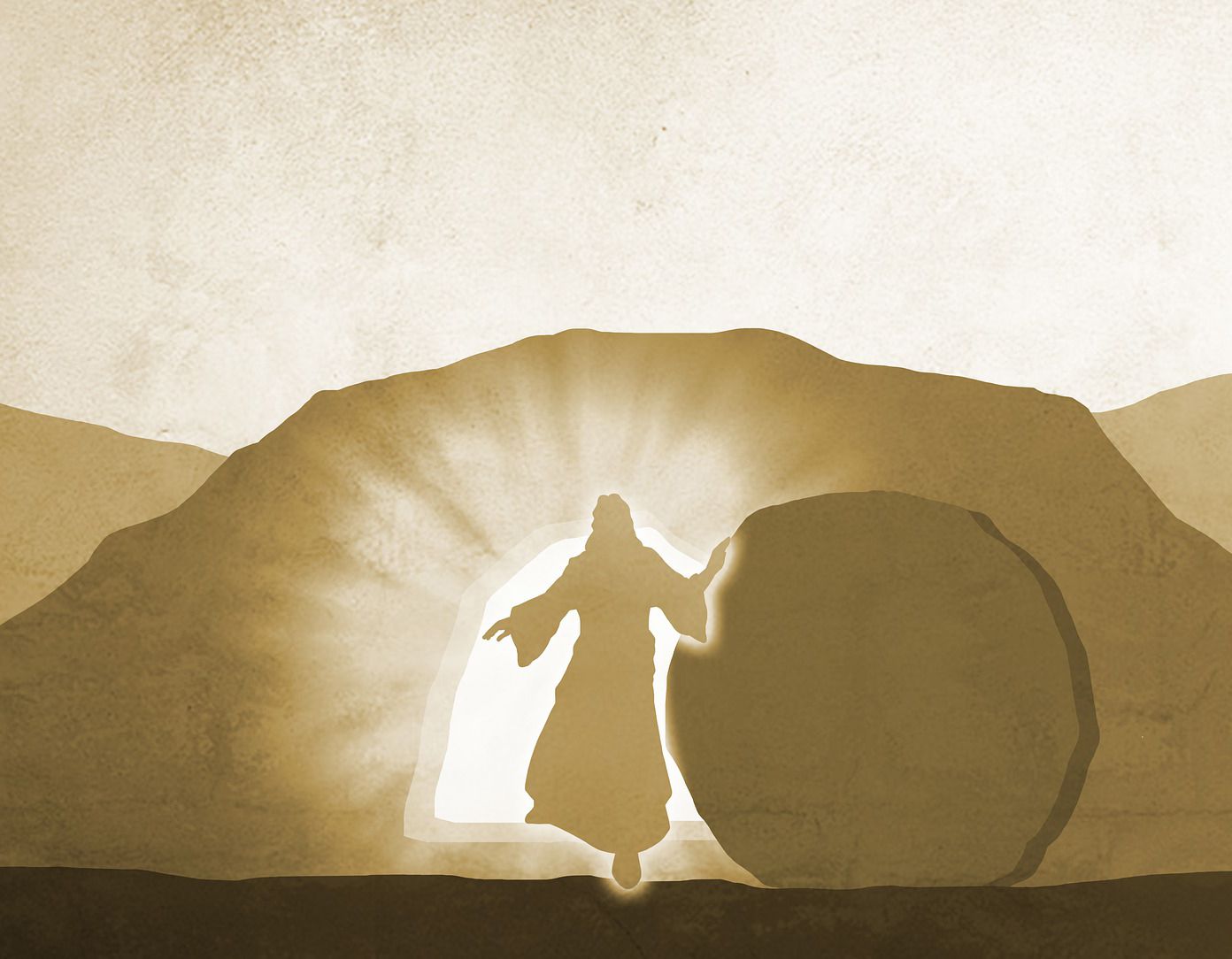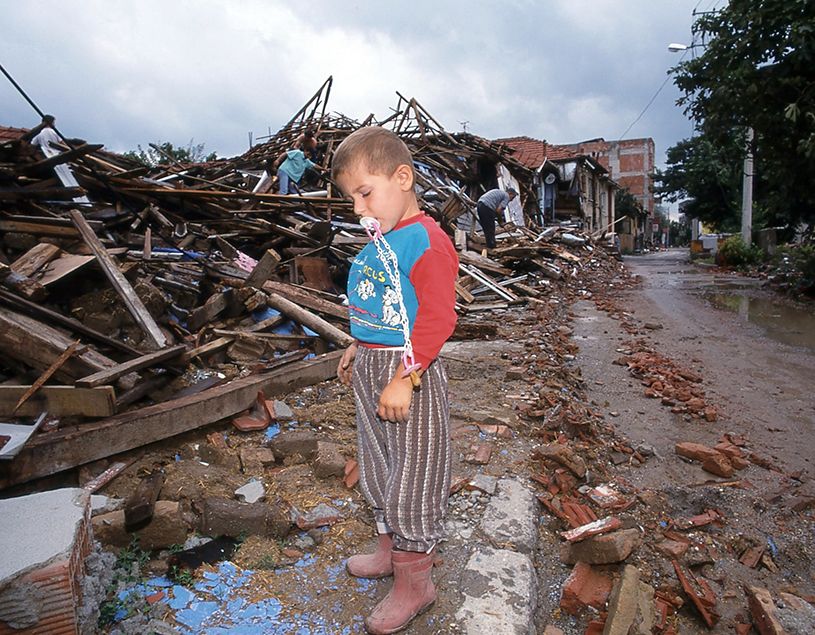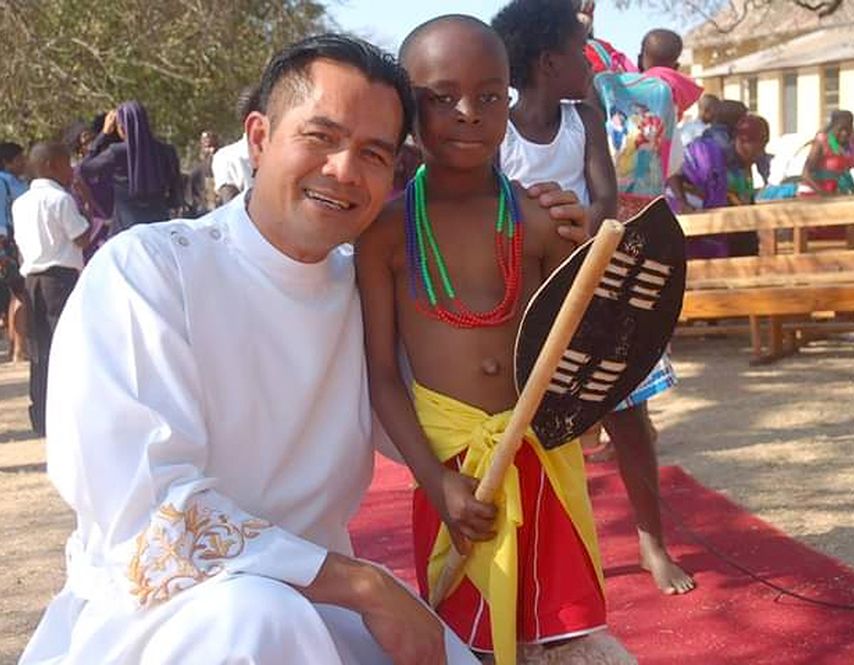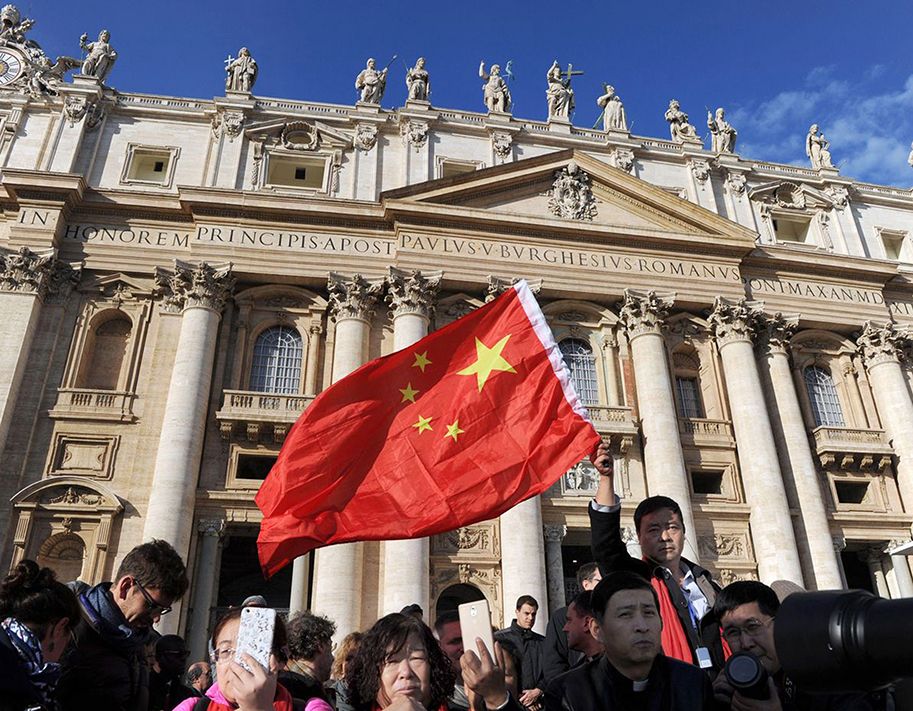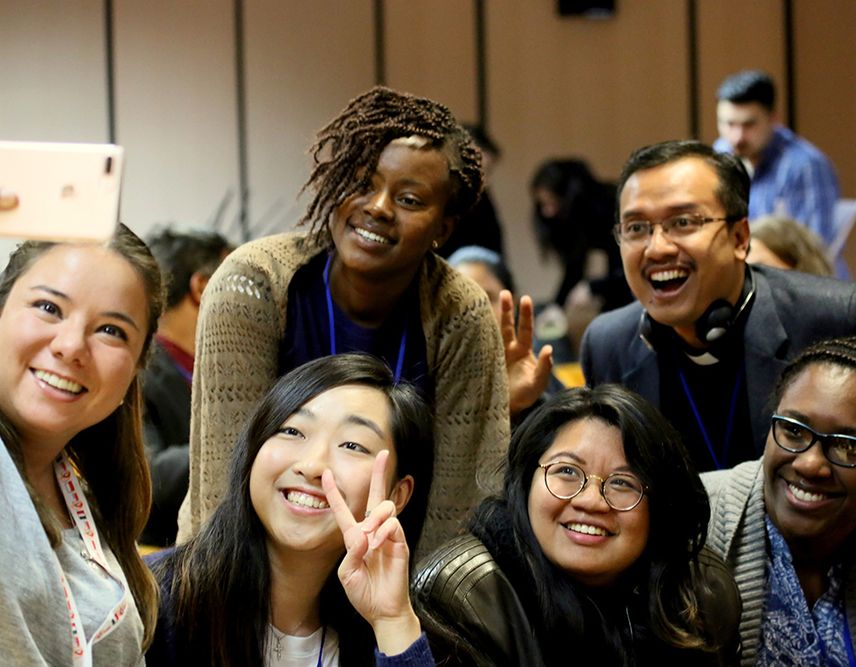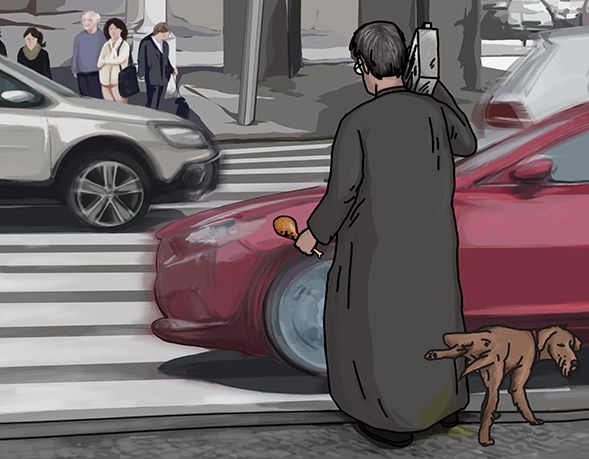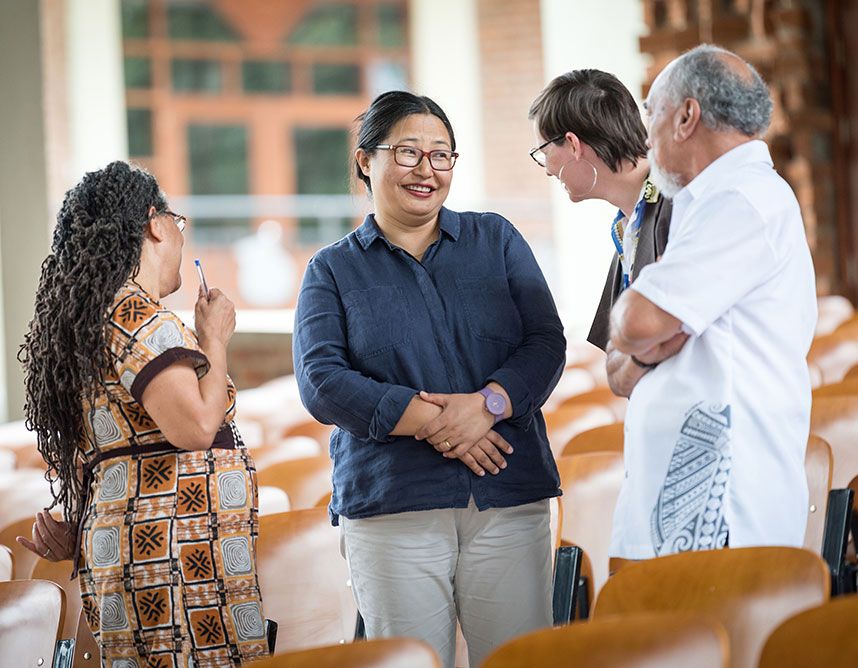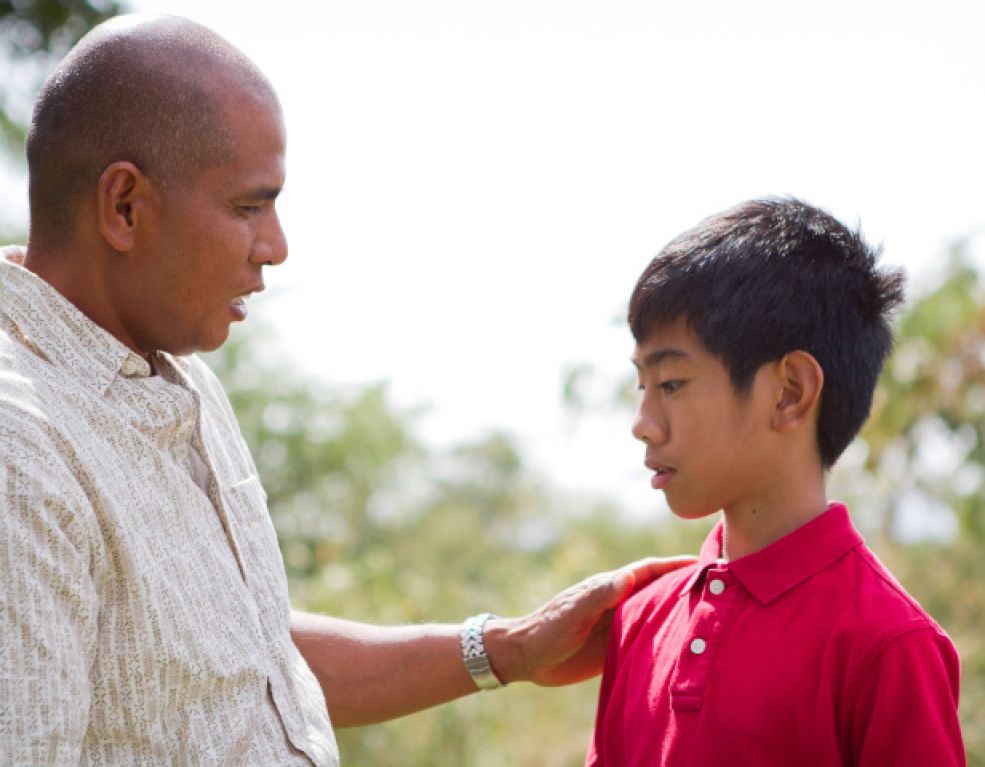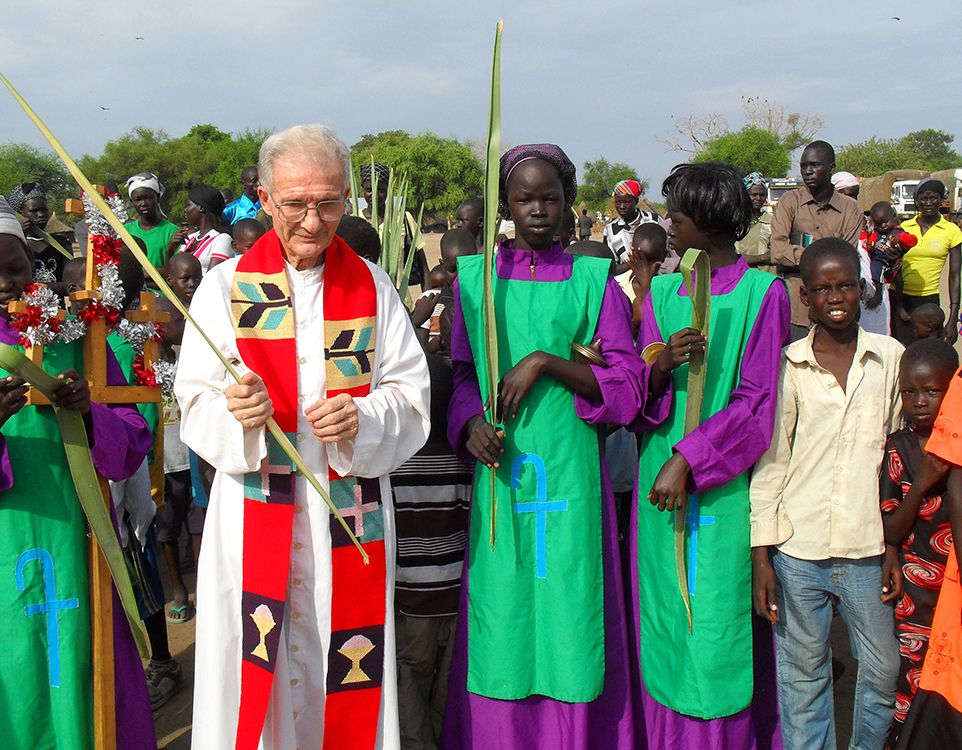A most humiliating fact in human life is that individuals, communities, and nations keep holding on to the memories of the injuries they received in their earlier history. They even cultivate them and build myths around them to sustain prejudice and promote anger in specific contexts. So, history gets written in such a manner as to keep alive those negative memories and strengthen prejudices.
The winners boast, and the losers remember. China and Japan have serious differences of opinion about their recording of World War II events. Communities in India and Pakistan seem to be competing to foster negative memories of various events in their shared history. Positive contributions of one community are being undervalued or negatively interpreted, and negative incidents are highlighted or exaggerated.
AGGRESSIVE CULTURAL NATIONALISM
Cultural nationalists tap into this anger to build their political base and justify their threatening postures. The aggressive self-assertion of the so-called ‘populist leaders’ has been meeting with wide acceptance in Europe and elsewhere. The increase of migrants is seen as the immediate cause. Pope Francis in Fratelli Tutti, mournfully refers to the birth of “aggressive nationalism” and expresses his fear that “ancient conflicts” may come alive (FT, 11).
The Pope has seen irresponsible leaders seeking to revive the memories of the injuries their community had received in their earlier history. They encourage the re-writing of national histories in such a manner as to keep alive negative memories and promote prejudices.
TRAGEDIES IN SERBIA, KOSOVO, BOSNIA
What happened in Eastern Europe in the recent past can happen again. According to Jonathan Glover, Slobodan Milosevic tapped into the buried anger of the Serbs who were defeated by the Turks in 1389 in Kosovo on the Field of Blackbirds. The humiliating event remained in Serbian memory. Milosevic, in an effort to build his own popularity, played on the nationalist emotions of the Serbs leading them to violence.
Thousands lost their lives. An attack on the Oriental Institute at Sarajevo destroyed thousands of Islamic and Jewish manuscripts. The National Museum and the National Library destroyed over a million books and many thousands of manuscripts and records. Elsewhere in Bosnia, the Ottoman architecture and 800 mosques were destroyed.
A NEW BEGINNING IS POSSIBLE
A new beginning can be attempted by insightful and sensitive leaders. Prophetic gestures can reduce tensions. Apology can invoke better times. When Tony Blair took over as British Prime Minister, he issued an apology on behalf of the British for their contribution to the infamous Irish Potato famine. This gesture met with universal approval of the Irish political leaders.
In the 1980’s Mikhail Gorbachev withdrew his forces from Eastern Europe, and told the West that he had deprived them of an enemy. The Indian Prime Minister Vajpayee’s bus trip to Lahore thrilled millions of Indians and Pakistanis. Angela Merkel paid respects to the victims of the Holocaust during her visit to Israel.
PERCEPTIVE INTELLECTUALS CAN HELP
Edward Said in his Culture and Imperialism points out that during the colonial period, intellectuals in colonizing countries who should have been the guardians of the conscience of their nation were no more than echoes of their community’s prejudices. If that is true, I suggest that the great challenge before today’s intellectuals in former colonies is to heal such memories in their own communities and restore them to health and help them to look positively to the future.
Referring to past wars in Europe, Paul Ricoeur’s suggestions to the newly constructed European Union contained meaningful words like ‘exchange of memories’, ‘forgiveness’. These concepts are extremely useful in situations where people still retain hurt historic memories. In fact, you discover yourself in the other best in contexts of shared pain, and are filled with compassion even for his failure. You discover that they are also human, just like you!
PROPHETIC PERSONS
Prince Shotuku of Japan introduced a liberal constitution in 604 A.D. He said, “nor let us be resentful when others differ from us. For all men have hearts, and each heart has its own leanings. Their right is our wrong, and our right is their wrong.” A non-confrontational approach is possible.
The mission of peace calls for new thinking. It lays on us the compulsion of awakening a new consciousness in ourselves. It demands that we introduce new styles of relating, bring new themes for discussion, and construct new philosophical and theological bases for peace.
ULTIMATE HEALING
Only a final healing of memories can take away all hurt feelings and bring a less destructive world into existence. In recent years, prayer-services and commemoration of the dead have been conducted on sites associated with wars, and with unhealed or unacknowledged collective wounds: Verdun, Gettysburg, Auschwitz, and Hiroshim. Ultimate healing comes with a divine touch. “Be well” (Mark, 1:41).

